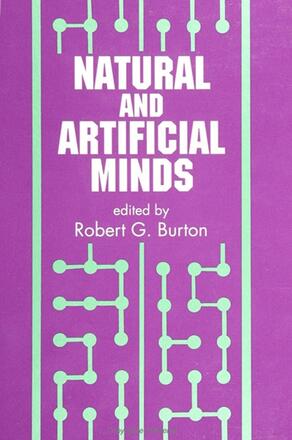
Natural and Artificial Minds
Alternative formats available from:
Description
This book describes and explores six current approaches to the study of mind: the neuroscientific, the behavioral, the competence approach, the ecological, the phenomenological, and the computational. No other book in cognitive science covers such a broad range of research programs and topics in such a balanced fashion. The first chapter is a mini-history and philosophy of psychology which reviews some of the scientific developments and philosophical arguments behind these six different approaches. Each subsequent chapter presents work that is on the frontiers of research in its field.
Robert G. Burton is Associate Professor of Philosophy at the University of Georgia.
Reviews
"One rarely sees books in cognitive science that include the ecological, phenomenological, and behavioral approaches to the study of the mind. Cognitive science is currently one of the more exciting and productive areas of interdisciplinary research, and this book makes an important contribution to this field. I especially think that philosophers of the mind and psychology could learn a great deal about the range of approaches to the study of mind that are being practiced. Many workers in these areas are not aware that there are psychologists working on research that is outside the strictly functionalist/computationalist paradigm." — Stephen M. Downes, Northwestern University